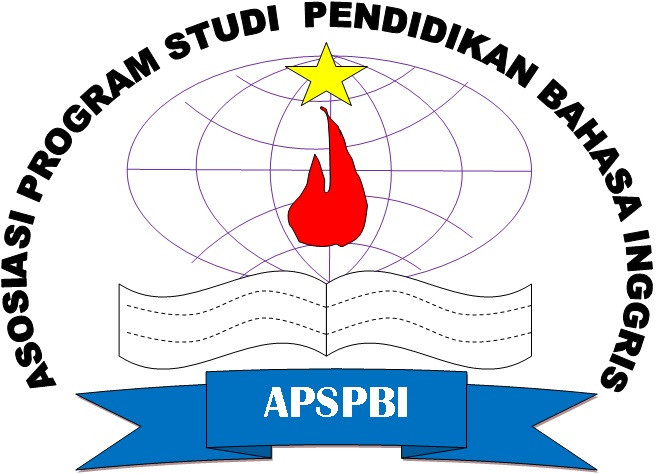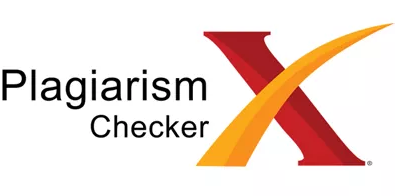The Discrepancy of Meaning: A Study of a Guardian Angel’s Existence in “Deus Ex Machina”
Abstract
The theme of a guardian angel has always become cryptic discussion among scholars, for as God, she is beyond our empirical grasp. Hari Kunzru is one of the writers who broach this subject in his work entitled “Deus Ex Machina”. In the short story, the guardian angel acts as the I-character of the story as well as the I-narrator of the story. By using theories on textual deconstruction and existentialism, we discuss and analyze the guardian angel’s raison d’etre (reason to be) and significance through her functions as the narrator and also the I-character in the narration of “Deus Ex Machina” story. From the analysis, we could draw three conclusions which relate raison d’etre (reason to be) and the significance of the guardian angel with the other characters within the story and with her readers outside the story.
Keywords
Full Text:
PDFReferences
Aristotle. (1986). Poetics. In R. Davis, & R. Scheifer (Eds.), Contemporary Literary Criticism. New York: Longman.
Baudrillard, J. (1983). Simulation. New York: Semiotext(e).
Belsey, C. (1986). Constructing the Subject: Deconstructing the Text. In R. Davis, & R. Scheifer (Eds.), Contemporary Literary Criticism. New York: Longman.
Cuddon, J. A. (2012). A Dictionary of Literary Terms and Literary Theory (Fifth ed.). New Jersey: Wiley-Blackwell.
Culler, J. (2007). On Deconstruction: Theory and Criticism after Structuralism. New York: Cornel University Press.
Derrida, J. (1986). The Principle of Reason: The University in the Eyes of Its Pupils. In R. Davis, & R. Scheifer (Eds.), Contemporary Literary Criticism. New York: Longman.
Derrida, J. (1988). Of Grammatology. Baltimore: John Hopkins University Press.
Fowler, R. (1987). A Dictionary of Modern Critical Terms. New York: Routledge & Kegan Paul.
Horace. (1986). Art of Poetry. In R. Davis, & R. Scheifer (Eds.), Contemporary Literary Criticism. New York: Longman.
Johnston, P. (2016). Isn’t it ironic?: Euripides’ deus ex machina in its literary-historical context. Auckland: The University of Auckland.
Kristeva, J. (1992). From One Identity to Another. In H. Adams (Ed.), Critical Theory Since Plato. Orlando: Harcourt Brace Javanovich College Publisher.
Kunzru, H. (1999). Deus Ex Machina. In T. Fischer, & L. Norfolk (Eds.), New Writing 8. London: Vintage & British Council.
Piliang, Y. (1999). Sebuah Dunia Yang Dilipat. Bandung: Mizan Pustaka.
Sartre, J. P. (1999). Why Write. In H. Adams (Ed.), Critical Theory Since Plato. Orlando: Harcourt Brace Javanovich College Publisher.
Shelden, R., & Widdowson, P. (1993). A Reader's Guide to Contemporary Literary Theory. Lexington: The University Press of Kentucky.
Slouka, M. (1995). Ruang Yang Hilang. Bandung: Mizan Pustaka.
Wolfreys, J., Womack, K., & Robbins, R. (2014). Key Concepts in Literary Theory. Edinburgh: Edinburgh University Press.
DOI: https://doi.org/10.31002/metathesis.v4i2.2703
Refbacks
- There are currently no refbacks.

This work is licensed under a Creative Commons Attribution-ShareAlike 4.0 International License.
Metathesis: Journal of English Language, Literature, and Teaching is published by English Education Department, Faculty of Teacher Training and Education, Universitas Tidar, Magelang, Indonesia in collaboration with Asosiasi Program Studi Pendidikan Bahasa Inggris Se-Indonesia (APSPBI)
ISSN: 2580-2712 (print) and 2580-2720 (online)
Jalan Kapten Suparman 39 Magelang, Jawa Tengah, Indonesia 56116
Phone (0293) 364113 Fax (0293) 362438













